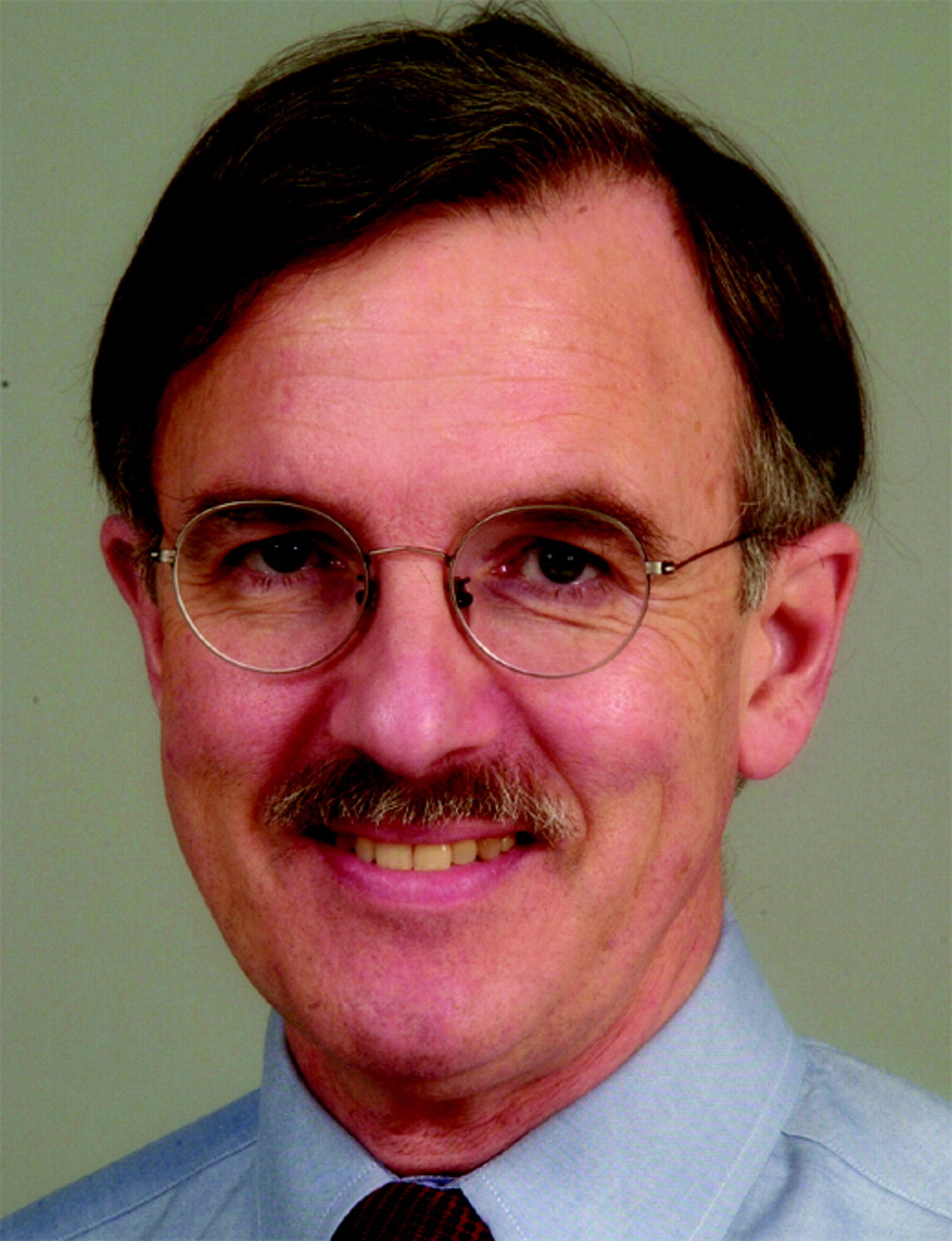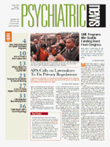The day after Christmas,
Michael McDermott, 42, calmly walked into the offices of his employer, Edgewater Technology Inc., and shot the receptionist, employees in the accounting department, and others. When it was over, seven people were dead.
According to news reports, McDermott had an angry outburst the previous week in the accounting department when he learned that money would be deducted from his earnings to pay a back federal tax bill.
The Wakefield, Mass., fatal workplace shooting is the 12th such case in the United States and the second in the northeast since 1995, according to a December 26 article in the Washington Post.
Frederick Stoddard Jr., M.D., president of the Massachusetts Psychiatric Society and cochair of its Committee on Disasters, told Psychiatric News that he was interviewed by the Boston Globe and Fox News Channel within a few days of the shooting incident. They wanted him to talk about the effects of trauma on the community and the predictability of violent incidents.
“My message was that the shooting was a sudden and unanticipated traumatic event for the company and community. Depending on the individual’s relationship with the victims, typical responses include shock, numbness, and grief,” said Stoddard. “Survivor guilt is another common reaction to trauma, which Edgewater Technology employees said they were experiencing, according to the news media.”
Other common reactions are bereavement and depression weeks and even months after the traumatic event, said Stoddard, who is an associate clinical professor of psychiatry at Harvard Medical School and Massachusetts General Hospital.
He also presented grand rounds the week after the shootings to mental health professionals at Wakefield Melrose Hospital where the victims’ family members were referred for assessment and treatment.
Thomas Bond, M.D., chief of psychiatry at Wakefield Melrose Hospital, invited Stoddard, who specializes in posttraumatic stress disorder, to speak.
Stoddard said his talk focused on the clinical assessment and treatment options of acute psychological trauma.
He interacted with the audience to learn about how the shooting had affected them. “It became clear that the staff experienced several stresses around the time of the shooting, including low staffing levels due to the holidays, a recent suicide by a physician, and uncertainly about the hospital’s future due to financial problems,” said Stoddard.
He encouraged them to reflect on their own responses to the disaster, in addition to the help they were providing to their patients. “I also mentioned that the disaster may affect patients with mental illness. For example, they may be concerned that Prozac [which they are taking] may cause them to become violent, even though there is no evidence to support that,” said Stoddard.
He said that he encouraged the mental health staff to reach out to the communities of Wakefield and Melrose because of their proximity to the workplace shooting and to collaborate with the Department of Mental Health and the Red Cross if appropriate.
Stoddard gave Bond the disaster committee’s “Guidelines for Disaster Planning Within Hospitals” to facilitate organizing a response. The committee developed similar guidelines for psychiatric hospitals and child and adolescent psychiatric facilities.
Stoddard said he understood the needs of the community, colleagues, and the media because of his experience on the APA Committee on Psychiatric Dimensions of Disasters and the disaster committee of the American Academy of Child and Adolescent Psychiatry.
He also found it valuable to have participated in the APA committee’s basic and advanced disaster psychiatry courses at the annual meetings.
A copy of the Massachusetts Psychiatric Society’s “Guidelines for Disaster Planning Within Hospitals” is available from Stoddard at (617) 371-4762 or e-mail at [email protected]. ▪ 
